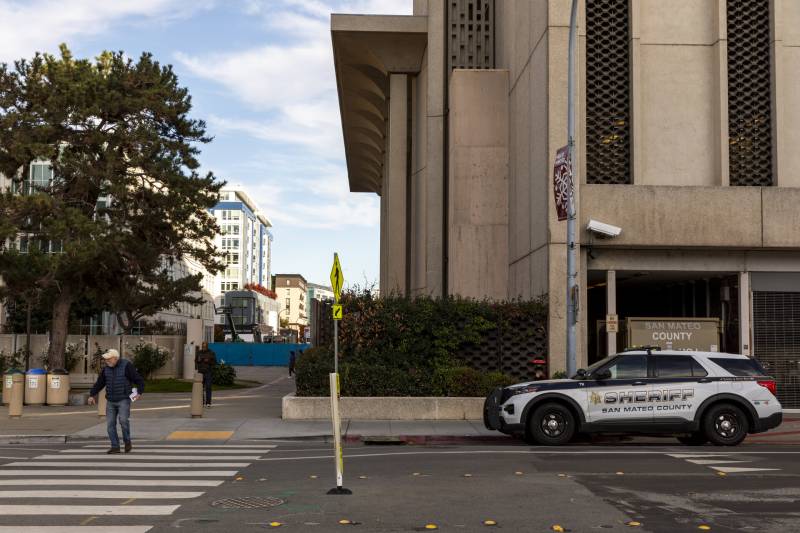Sheriff’s deputies used a Taser on Okobi multiple times during a struggle that began when they saw him jaywalking on a busy street in Millbrae. He became unresponsive after deputies restrained him.
An autopsy revealed he had died of cardiac arrest, partially attributed to the Taser shocks — the third person in the county that year to die after being Tased by law enforcement.
Okobi’s family eventually settled a lawsuit with the county for $4.5 million.
The crisis response program will build on existing services available in different parts of the county, in which behavioral health professionals go along with law enforcement officers on certain calls. Additionally, a countywide mobile crisis team for youth currently responds to certain mental health-related calls involving people who are 25 and under.
Coordinating the various services and dispatching the appropriate response will be key to making this program effective, according to Jei Africa, the county’s director of Behavioral Health and Recovery Services.
“The coordination piece is really the challenge right now we’re trying to face,” Africa said during Tuesday’s meeting. “When we get the call, which is the most appropriate response? Which is the quickest response?”
Calls to the program will be routed through local nonprofit StarVista’s crisis call center, which operates a 24/7 hotline and fields an average of more than 1,000 calls a month. A new phone number will also be launched for the mobile crisis response team, with the goal of eventually re-routing all relevant 911 and 988 (national suicide prevention hotline) calls back to the team.
The new program comes on the heels of a state policy enacted last June requiring counties that deliver Medi-Cal services to provide mobile crisis response teams to address behavioral health concerns — with some of those costs expected to be reimbursed through Medi-Cal.
The state policy mandates that teams have specific training and be able to respond to calls in urban areas within an hour and in rural areas within 90 minutes. It also requires teams to conduct follow-up visits within three days and to follow certain data collection and assessment guidelines.
The program will create a resource for “anyone who’s ever hesitated to call the police,” Corzo said. “It really is the support that our most vulnerable community members need.”
